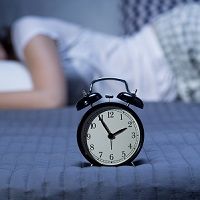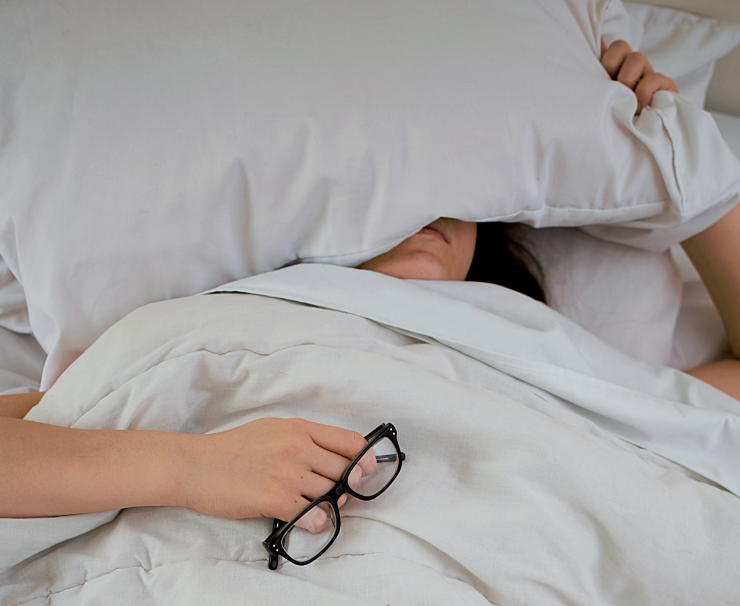Article
Insomnia Severity High in Patients with Post COVID-19 Related Fatigue
Author(s):
In patients with post COVID-19 related fatigue, the mean insomnia severity was 11.46 and prevalence of clinical insomnia was 64%.

Research suggests a substantial number of patients have reported persistent fatigue and insomnia following COVID-19 infection.
New findings published in the Journal of Sleep Research indicate insomnia severity and the prevalence of clinical insomnia are high in people with post COVID-19 related fatigue.
“Insomnia should be assessed and if present treated with insomnia focused therapy in patients reporting post COVID-19 related chronic fatigue,” wrote study author Hans Knoop, PhD, Medical Psychology, Amsterdam University Medical Centre.
Due to overlapping symptoms of fatigue and insomnia, investigators believe insomnia may be easily underdiagnosed in post COVID-19 related fatigue. As a result, the main objective of the study was to determine the prevalence of insomnia in patients with post COVID-19 related fatigue and investigate their sleep characteristics.
The data of the population with post COVID-19 related fatigue were compared with the data of patients with chronic fatigue syndrome.
The cross-sectional study assessed insomnia severity using the Insomnia Severity Index (ISI). and the prevalence of clinical insomnia (ISI score ≥10) were determined in patients with post COVID-19 related fatigue (n = 114) and compared with patients with chronic fatigue syndrome (n = 59). This was performed using ANCOVA and logistic regression, respectively.
Moreover, linear regression analyses were used to evaluate if fatigue severity, concentration problems, pain, depressive symptoms, and having post COVID-19 related fatigue or chronic fatigue syndrome were linked to insomnia severity.
The sleep characteristics associated with sleep diary and accelerometer were determined in patients with post COVID-19 related fatigue and compared with chronic fatigue syndrome using ANCOVA, according to investigators.
In patients with post COVID-19 related fatigue, data show the mean insomnia severity was 11.46 and the prevalence of clinical insomnia was 64%. Investigators noted both did not differ significantly from chronic fatigue syndrome.
Meanwhile, insomnia severity was significantly associated with depressive symptoms (β = .49; P = .006) and higher age (β = -0.08; P = .04).
In patients with post COVID-19 related fatigue, the mean subjective sleep duration was 7.39, while the sleep onset latency was 0.97 and the wake after sleep onset was 1.24. The post COVID-19 related fatigue group reported singifcnatly shorter sleep duration than the chronic fatigue syndrome group (P = .002), with a moderate effect size (d = .59).
The study, “Insomnia and sleep characteristics in post COVID-19 related fatigue,” was published in the Journal of Sleep Research.
2 Commerce Drive
Cranbury, NJ 08512
All rights reserved.





